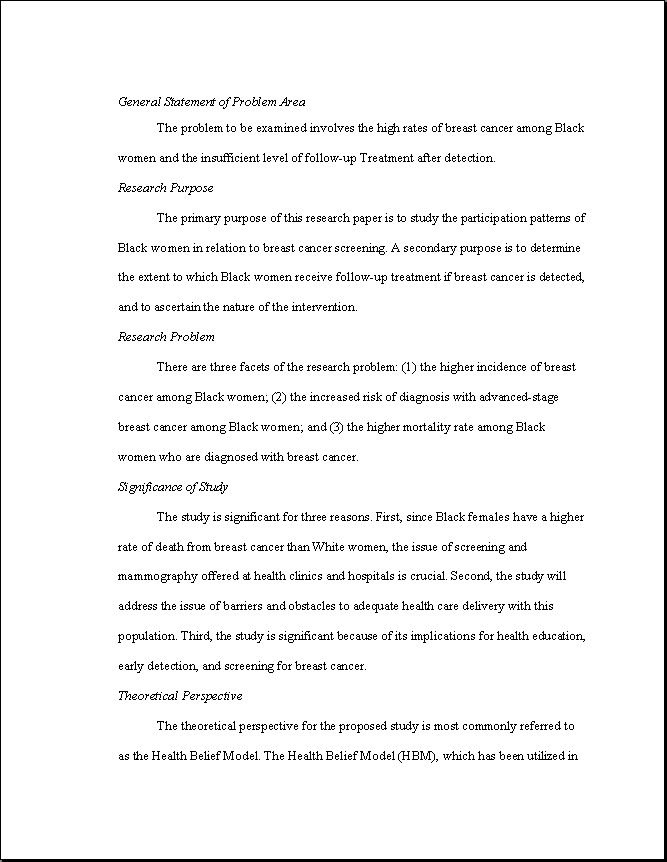
How to Conduct Thesis Research
The groundwork for thesis research starts with your research questions. As part of your thesis research you will need to know what is currently being done in your research field and how it relates to your thesis. Familiarize yourself with current practices and studies in your field by reviewing academic publications. Definitely such review is not enough for a thesis research and later on you will need to collect new data, and provide your analysis. If your research questions and methodology are articulated later on in the thesis, the part of thesis research that is usually left out is effective time management, which is crucial for conducting any research. Read more to learn how to do your research in 4 steps, and to find time for your thesis research.
 Quick Navigation through Thesis Research Page
Quick Navigation through Thesis Research Page
- Download Free Sample of Thesis Research Structure
- Steps to Conduct Thesis Research
- How Can We Help
- Carve Out Time for Thesis Research
Download Free Sample of Thesis Research Structure
Step 1: Define your Research Questions
In order to research efficiently, it’s important to have your research questions before you.
It’s important for your thesis research question to be logical and succinct so that readers at any level are able to understand what your thesis paper is going to discuss.
To make sure your thesis research question is understandable, make sure it is brief, clear-cut and free of jargon.
There are some questions that can be used to evaluate the feasibility of your thesis research questions:
1.) The amount of time needed to adequately discuss your analysis of the research question.
2.) As you reread your thesis question, consider whether you have adequate knowledge and suitable skills to address the thesis question.
It might be also useful to divide your research questions into major, that you will definitely consider in your thesis, and minor questions, that might be left out in case you are short of time.
Step 2: Take Effective Notes
There are several methods for taking notes during your thesis research. Whether you take notes on index cards or on your computer or laptop, separate your notes by topic right away. By dividing notes into topic groups as you research, you will only need to write down the information that directly relates to your research questions.
During the thesis writing process, you’ll be able to quickly identify all the notes that relate to each question in order to make proper observations and generalizations which will save you valuable time.
Step 3: Source choice and Methods for Data Collection
Data and information gleaned from academic publications is considered a secondary source. Data you collect with research methods such as surveys, experiments, field research, interviews or observation is considered a primary data source.
In many cases, the data that you may need to thoroughly answer your thesis research questions will not available through secondary sources. The methodology you choose will primarily depend on your research questions.
College libraries house databases of primary sources such as peer-reviewed articles worthy of your attention to identify possible data that is appropriate for your thesis writing.
Step 4: Determining Methods for Data Analysis
Analysis of data can be qualitative or quantitative in nature. Certain types of data collection lend themselves to one type of analysis more than the other. Other data collection methods may be suited to a mixture of qualitative and quantitative analysis.
Quantitative data analysis is best used for thesis research that results in large amounts of data that can be easily separated into numerical figures. Statistical research or quantitative analysis requiring charts or graphs in support of your research is usually done with the help of specific statistical software. Qualitative data analysis is more narrative or descriptive in nature and is most often used for data that cannot be easily quantified into categories. Data resulting from observations or individualized narrative interviews are well suited to qualitative analysis.
How can we help
Thesis research is a serious task and the need for help with your thesis writing is unavoidable which is why most universities require that students consult with a thesis committee. If the thesis committee is unable to adequately assist you with your thesis writing, help is available online through ProfEssays.com. Partnering with us for the help that you need will result in a highly customized thesis paper written by our professional writing staff. All the papers we release are written from scratch by our academic writers; in strict accordance to your personal requirements. Moreover, the paper you receive is free from any form of plagiarism. We ensure this by submitting all papers to an anti plagiarism software. In the event that you find your paper to be unsatisfactory, because some of your instructions have not been adequately met by our writers, you can request a free revision of your paper.
Our satisfied customers can attest to the fact that we can provide a completed custom essay within 8 hours should you have an urgent need. Our customer support team is readily available to respond to your correspondence and you can feel confident that all your questions regarding your thesis paper or concerns about our services will be adequately addressed. Moreover, with a secure way of using your credit card with us – you can feel confident that all financial transactions conducted within our site are secure. We enhance security by ensuring that you will receive 100% confidentiality at all times. ProfEssays.com continues to keep its fees reasonable even with all these features incorporated into our service. Rest assured that we are the best choice for students who seek help with their thesis research. Order your thesis research paper through ProfEssays.com today and let us take the worry out of your thesis writing.
Carve Out Time for Thesis Research
Peak Energy Times-With thesis writing as with any other project it’s often more effective to identify your own personal productivity time when you work best. For some people this could be early morning and for others it could be the middle of the night when the house is quiet. It could be that you can perform well by reading and researching on the same day that you write and analyze or you may prefer to focus each day on a separate task.
Workspace-The writing space that you choose can also have an affect on your productivity level. If you want to work from home but are easily distracted by television and household chores that need to be done, it may work better for you to find a coffee shop or library to work from instead. For people who aren’t easily distracted by other people or activities and prefer to be outdoors enjoying nature, a public park or other location with Internet access may work well.
Daily Progress-Slow and steady wins the race holds true for thesis writing as well as other goals. If your schedule is overloaded on any given day, spend just fifteen or thirty minutes on your research that day and schedule more time on another day when your schedule of other obligations is lighter. Choose small easy tasks such as photocopying needed articles or rereading notes from the previous session on days when you are overbooked or simply exhausted.
Set Incremental Goals-Break your thesis research into manageable goals that you can meet daily. This could mean a goal of working for a set number of minutes or hours each session, you may prefer to set word or page count goals or even a goal of solving a specific issue or completing a particular section.
Work Your Plan-Once you’ve decided upon your daily goals or writing/research schedule, stick to your plan and try not to let more pressing concerns derail your thesis writing schedule. Thesis research which at times has no deadline can often get put on hold for more pressing daily concerns or issues which can result in an indefinite delay of your thesis project.
Tags: research structure, thesis proposal sample, Thesis Research
 + 1-888-827-0150
+ 1-888-827-0150 + 44-20-3006-2750
+ 44-20-3006-2750













